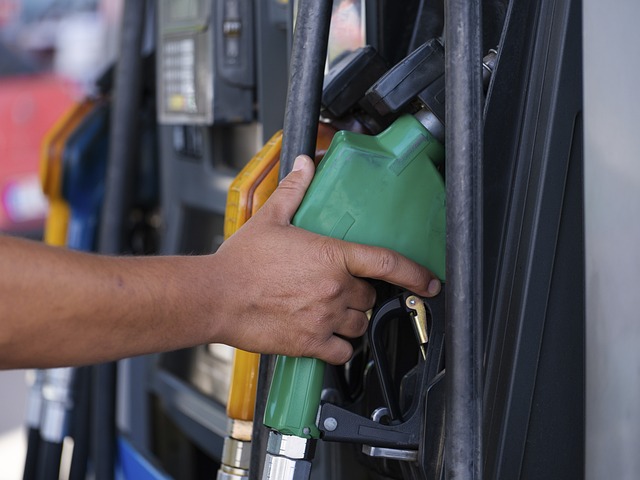
Guess what? Fuel prices are skyrocketing again!
Diesel prices rose by more than 8p a litre to 163p in September, the fifth biggest monthly rise since 2000, and on top of another 8p rise the previous month, the RAC said. Petrol prices rose by 4.5p a litre to 152p, the fourth consecutive monthly increase.
It turns out that the prediction we made in August hasn’t aged well:
Our best guess is that fuel prices will stay steady or maybe even drop a bit over the next year…
Oops! The main reason behind the rise is oil production cuts from Russia and Saudi Arabia. Despite other factors that are pulling oil costs downwards, production cuts have achieved their intended goal of forcing higher global fuel prices. Well, they’ve got to fund those wars and boxing matches somehow.
Yet, in addition to the underlying oil prices, UK fuel retailers might be contributing to higher pump prices.
What the CMA found
Back in July, the Competition and Marketing Authority concluded its year-long investigation into fuel retailer practices.
The CMA concluded that retailers weren’t acting as a cartel (in other words, fixing the prices), so that’s a plus! However, they did find that:
- Big retailers have been making more profit on fuel since 2019.
- The historic price leaders in the retail market – Asda and Morrisons both decided to increase their margins, and not to aggressively lower prices.
- Other big retailers, such as Sainsbury’s and Tesco, were content just to passively respond to what others were doing, rather than try to win new business.
- In 2022, Asda began ‘feathering’ – in other words, when the price of oil dropped, they would be slow to lower their pump prices and pass these savings on to the consumer. Other supermarkets followed suit.
The result of this feeble approach to competition was that motorists lost out:
…drivers have been paying more than would otherwise have been the case. We estimate that the financial impact of the 6 pence per litre (ppl) increase in average supermarket fuel margin from 2019 to 2022 results in a combined additional cost of around £900m for customers of the four supermarket fuel retailers in 2022 alone… In 2023, the impact of increased margins has been felt more heavily on diesel than petrol. We estimate that increased margins on diesel in 2023 have led to diesel drivers across all retailers paying on average 13ppl more for diesel from January-May 2023.
Collectively, car owners have been paying out millions at a time of huge increases in the cost of living.
The CMA’s big idea for making fuel pricing cheaper
What could put a rocket under the retailers and force them to offer cheaper prices? Consumer knowledge, says the CMA. At the moment, retailers benefit from the fact that they only have to display fuel prices is on the actual forecourt. This makes it difficult for motorists to compare prices without driving around from place to place, so they don’t need to compete for your business.
To remedy this, the CMA proposes a fuel-finder scheme, which would make it compulsory for retailers to share their prices in real time. The information would then be publicly available, and would preferably be incorporated into satnavs and map apps.
Hang on, don’t we already have fuel price apps?
At this point, you may be thinking that petrol price comparison sites have been around for donkeys years, and there are several well-established fuel-price apps. That’s true, and those sites and apps have undoubtedly helped thousands of car owners to get better prices.
However, they mainly rely on their user community visiting specific forecourts to update prices, and that can result in patchy coverage and out-of-date information. In addition, not all of them are free. As things stand, they’re quite a way from what the CMA envisages.
The CMA’s fuel pricing scheme IS going ahead… sometime
A bit of good news is that The Government has agreed to the CMA’s recommendations. However, when we’ll get to see anything concrete remains a mystery… or at least, we couldn’t find a timetable for it. Obviously, a scheme of this scale isn’t something that can be done overnight, but some sort of target date would be nice.
In the meantime, some retailers have tried to get ahead of the curve. In August, Asda started publishing local fuel prices online, and other retailers will probably follow suit. It will still be a faddle for consumers jumping from one website to another, but it’s a start.
The WVS blog covers a wide range of automotive topics, from the contentious to the light-hearted. We are an independent garage specialising in the VW group marques, including Audi, Volkswagen, Skoda and SEAT. WVS provides services, repairs and MOTs, delivering a main dealer level of care at affordable prices. To book your vehicle in, or for any enquiries, get in touch.
